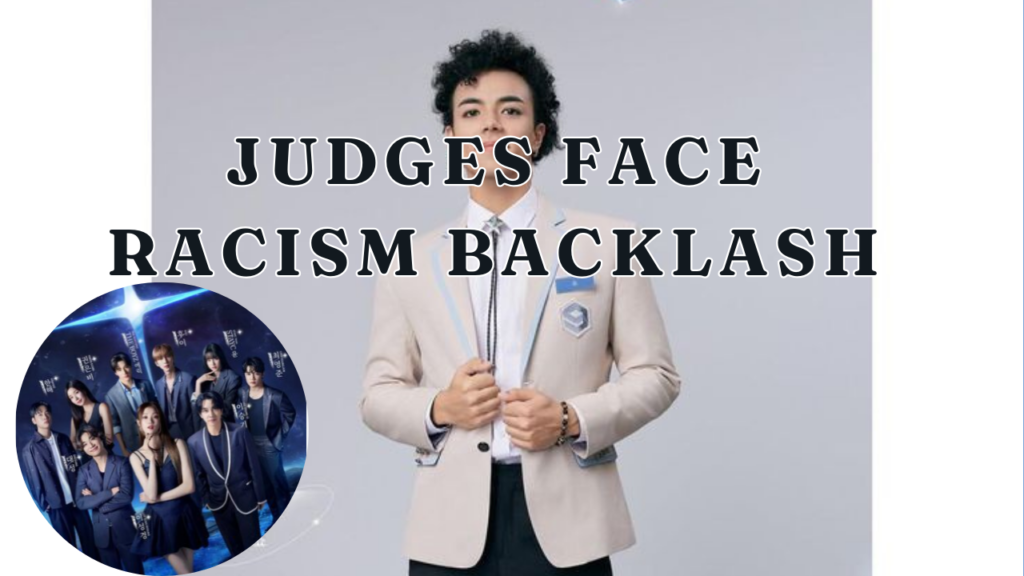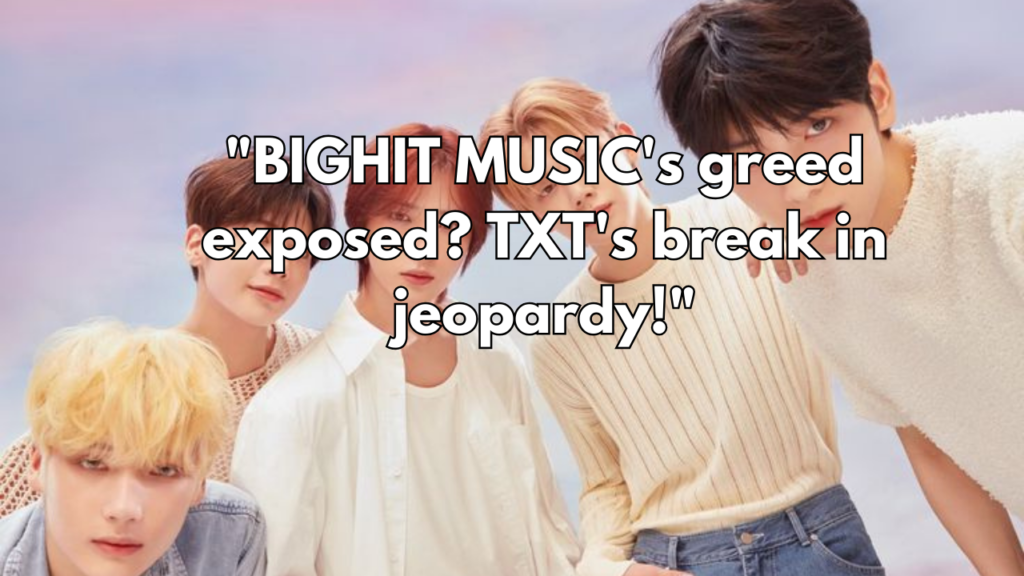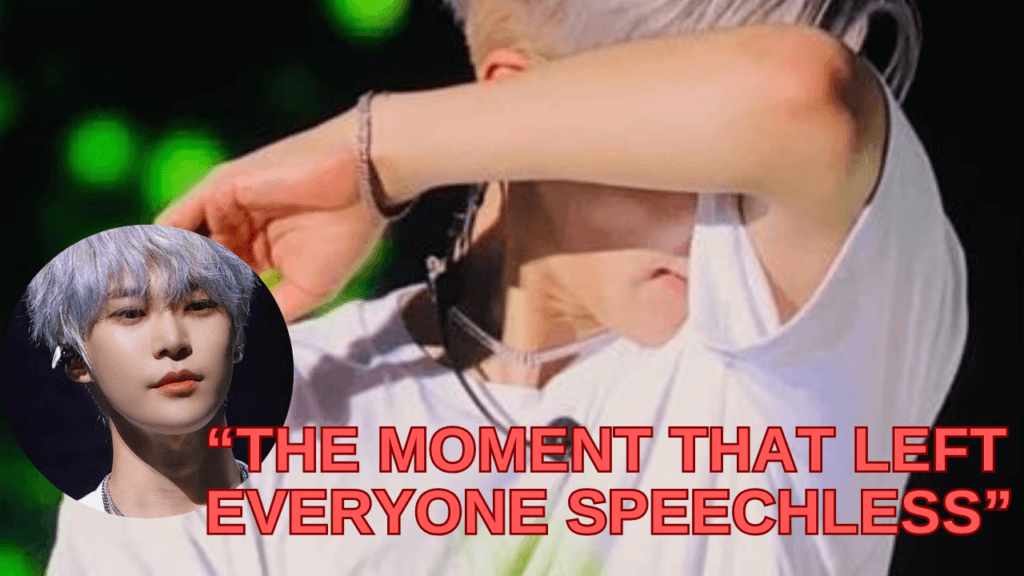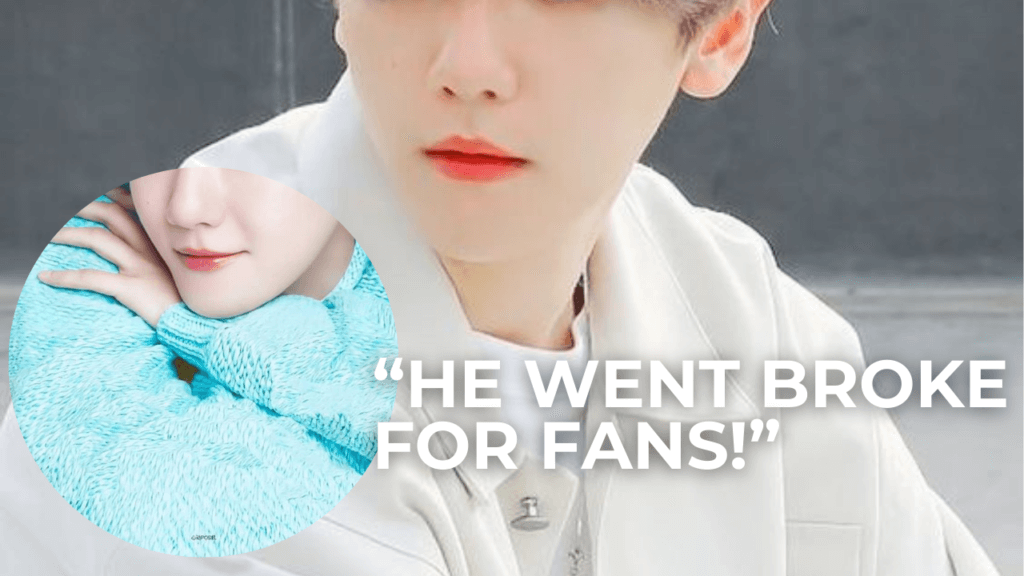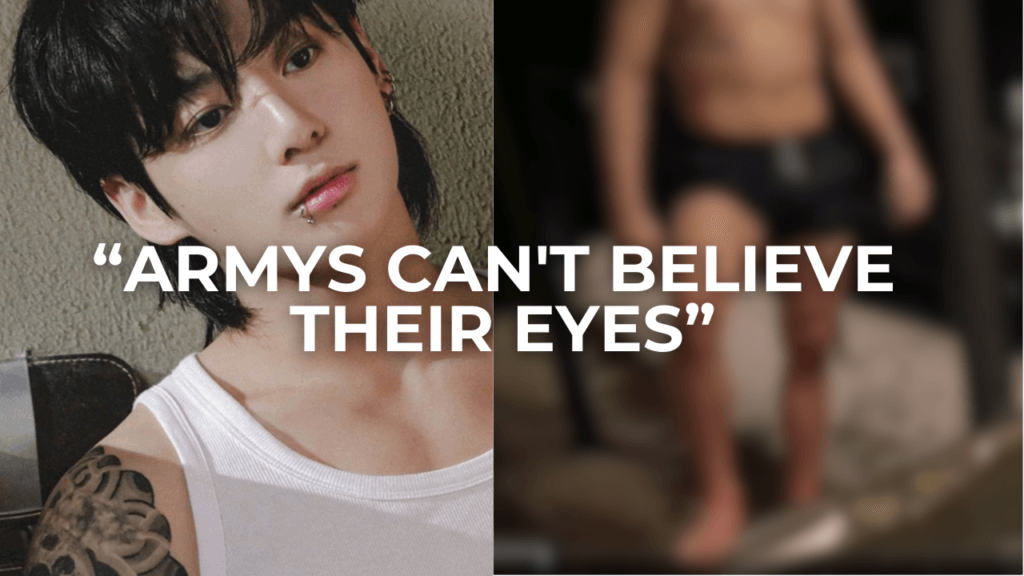Controversy Erupts in Global K-pop Competition
The Starlight Boys survival show has become the center of a heated controversy over alleged racism and xenophobia.
The show, which premiered on iQIYI and SBS on October 26, 2024, features 69 male contestants worldwide. The controversy emerged after viewers noticed concerning treatment of non-Korean contestants during the initial episodes.
Lee Sung Kyoung hosts the show alongside prominent judges, including Lee Seung Gi and BIGBANG’s Daesung. The show marketed itself as a groundbreaking global platform for aspiring idols from diverse backgrounds. However, recent events have cast doubt on these claims.
The show’s premise attracted worldwide attention, promising to break cultural barriers and create opportunities for international talents. Unfortunately, the reality seems to differ significantly from these initial promises.
Discrimination Claims Surface and Intensify
Japanese American trainee Syo’s performance of AB6IX’s “BREATHE” sparked intense debate about fairness in the competition. Despite delivering a strong performance with Japanese trainee Ryou Kaito, Syo received zero stars from the judges. The performance video went viral with 3.3M views, drawing widespread criticism from viewers worldwide.
Viewers pointed out the apparent double standard in judging criteria. Korean trainee
received praise and encouragement despite having no dance experience. Meanwhile, Syo faced harsh criticism despite showing significant potential and natural talent.
The controversy deepened when fans compiled evidence of consistent bias against international contestants.
Social media platforms exploded with compilations showing disparate treatment between Korean and non-Korean participants.
Cultural Bias and Systemic Issues
The show’s treatment of non-Korean contestants has raised serious questions about cultural bias in the K-pop industry.
Syo revealed experiencing stereotyping due to his half-Black heritage, with producers and judges expecting him to conform to hip-hop stereotypes rather than allowing him to express his authentic artistic style.
Chinese contestant Sun Ying Hao became a voice of resistance when he spoke out about the dehumanizing treatment of trainees. His emotional statement about trainees being “humans, not machines” resonated with viewers and fellow contestants alike.
Industry experts have begun analyzing the broader implications of these incidents.
Many point out that this controversy reflects deeper systemic issues within the K-pop industry regarding diversity and inclusion.
International Fan Response and Support
Viewers have rallied behind the affected contestants in unprecedented ways. Many are actively voting for Sun Ying Hao, Syo, and others who faced unfair treatment.
Social media campaigns have emerged to support international trainees and demand fair treatment.
Fan communities worldwide have organized voting blocks and awareness campaigns. These efforts aim to ensure talented contestants aren’t eliminated due to discriminatory practices.
Final Thoughts on Starlight Boys Show Racism Controversy
The ongoing situation has sparked important discussions about diversity in K-pop and the industry’s readiness for true globalization. The show’s future success may depend on how producers and judges address these serious allegations.
The controversy highlights the need for more inclusive practices in K-pop survival shows. It also raises questions about the industry’s commitment to embracing global talent authentically.
What are your thoughts on the treatment of international trainees in K-pop survival shows? Have you noticed similar patterns in other survival shows? Share your opinion below!

